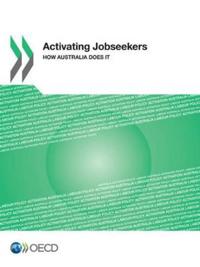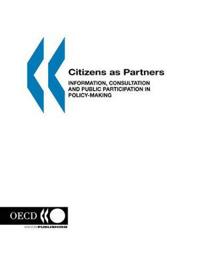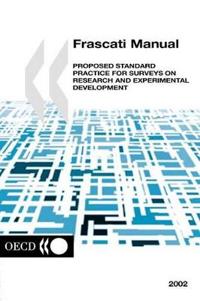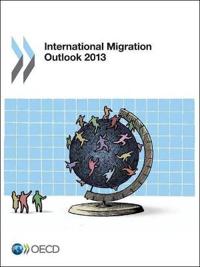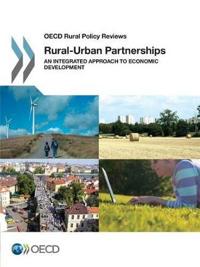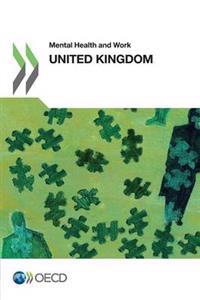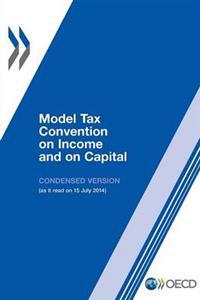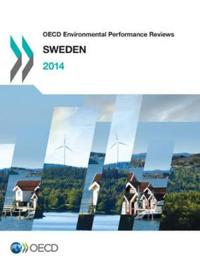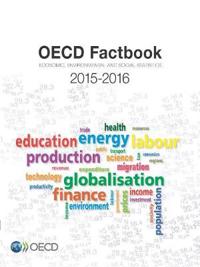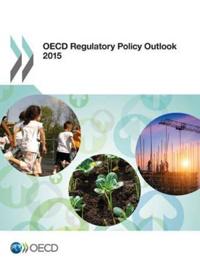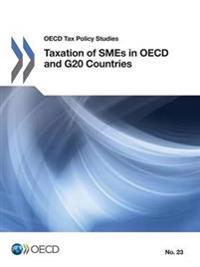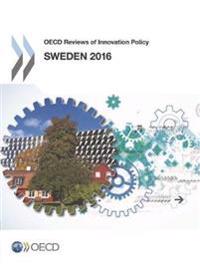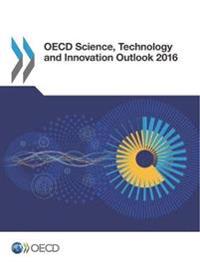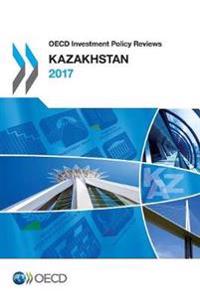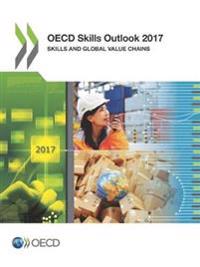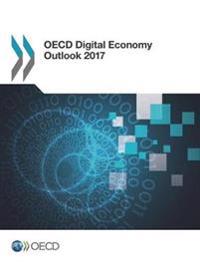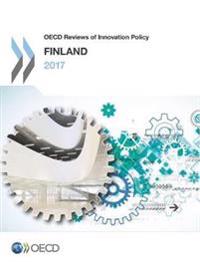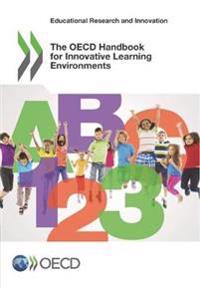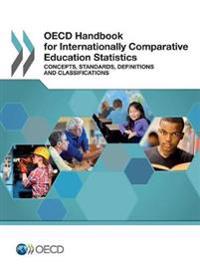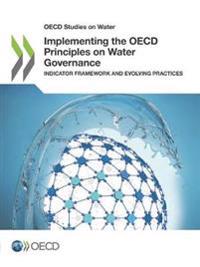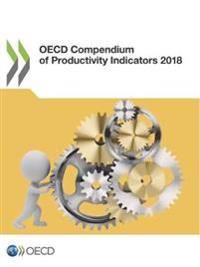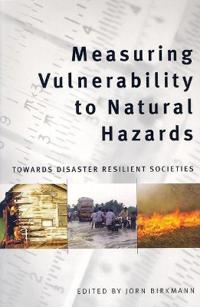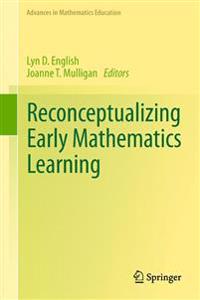Citizens as Partners: Information, Consultation and Public Participation in Policy-Making (Häftad)
avOecd
ISBN: 9789264195394 - UTGIVEN: 2001-10International Migration Outlook (Häftad)
avOECD: Organisation for Economic Co-operation and Development
ISBN: 9789264200159 - UTGIVEN: 201310This publication analyses recent development in migration movements and policies in OECD countries and some non member countries including migration of highly qualified and low qualified workers, temporary and permanent, as well as students.[...]
Rural-Urban Partnerships: An Integrated Approach to Economic Development (Häftad)
avOecd
ISBN: 9789264204805 - UTGIVEN: 2013-11Mental Health and Work Mental Health and Work: United Kingdom (Häftad)
avOecd
ISBN: 9789264204980 - UTGIVEN: 2014-02Model Tax Convention on Income and on Capital: Condensed Version 2014 (Häftad)
avOecd
ISBN: 9789264211155 - UTGIVEN: 2014-10Oecd Environmental Performance Reviews Sweden 2014 (Pocket)
avNot Available (NA)
ISBN: 9789264213692 - UTGIVEN: 2014-11OECD factbook 2015/2016 (häftad)
ISBN: 9789264232563 - UTGIVEN: 2016-01"OECD Factbook 2015" is a comprehensive annual statistical publication. More than 100 indicators cover a wide range of areas: agriculture, economic production, education, energy, environment, foreign aid, health, industry, information and communications, international trade, labor force, population,[...]
OECD Transfer Pricing Guidelines for Multinational Enterprises and Tax Administrations (häftad)
ISBN: 9789264262737 - UTGIVEN: 2017-07OECD Science, Technology and Innovation Outlook 2016 (häftad)
ISBN: 9789264263055 - UTGIVEN: 2017-01Oecd Investment Policy Reviews - Kazakhstan 2017
ISBN: 9789264269583 - UTGIVEN: 2017-06This review, which was prepared in response to Kazakhstan's 2012 request to adhere to the Declaration on International Investment and Multinational Enterprises (OECD Declaration), analyses the general framework for investment as well as most recent reforms, and shows where further efforts are necess[...]
Oecd Digital Economy Outlook 2017
ISBN: 9789264276260 - UTGIVEN: 2017-10The biennial OECD Digital Economy Outlook examines and documents evolutions and emerging opportunities and challenges in the digital economy. It highlights how OECD countries and partner economies are taking advantage of information and communication technologies (ICTs) and the Internet to meet thei[...]
Oecd Reviews of Innovation Policy 2017
ISBN: 9789264276345 - UTGIVEN: 2017-06Although Finland achieved a widely acclaimed transformation to become a leading knowledge-based economy in the late 20th century, the 2009 recession and disruptive change contributing to a deep restructuring of the information and communication technology (ICT) industry and the downsizing of traditi[...]
The Oecd Handbook for Innovative Learning Environments
ISBN: 9789264277236 - UTGIVEN: 2017-07How might we know whether our schools or system are set up to optimise learning? How can we find out whether we are getting the most from technology? How can we evaluate our innovation or think through whether our change initiative will bring about its desired results? Teachers and educational leade[...]
Oecd Handbook for Internationally Comparative Education Statistics
ISBN: 9789264279872 - UTGIVEN: 2017-10For well over two decades, the OECD has developed and published a broad range of comparative indicators published yearly in the flagship publication Education at a Glance. These provide insights into the functioning of education systems, such as the participation and progress through education, the [...]
Implementing the OECD principles on water governance (häftad)
ISBN: 9789264292666 - UTGIVEN: 2018-04Three years after the adoption of the OECD Water Governance Principles, this report takes stock of their use and evolving practices, and provides an indicator framework building on lessons learned from their implementation in different countries and conte[...]
OECD compendium of productivity indicators 2018 (häftad)
ISBN: 9789264301115 - UTGIVEN: 2018-06This report presents a comprehensive overview of recent and longer-term trends in productivity levels and growth in OECD countries, accession countries, key partners and some G20 countries. It includes measures of labour productivity, capital productivity[...]
Measuring Vulnerability to Natural Hazards (Häftad)
avOECD Publishing
ISBN: 9789280811353 - UTGIVEN: 200612A seemingly nonstop series of disasters has shown that societies worldwide seem unprepared for the threats posed by natural hazards. They include Hurricane Katrina, drought in Africa, flooding in China and Germany, earthquakes in Pakistan and India, a tsunami in Southeast Asia, and forest fires in P[...]
Reconceptualizing Early Mathematics Learning (Inbunden)
avOECD Publishing
ISBN: 9789400764392 - UTGIVEN: 201305This book emanated primarily from concerns that the mathematical capabilities of young children continue to receive inadequate attention in both the research and instructional arenas. Research over many years has revealed that young children have sophisticated mathematical minds and a natural eagern[...]

